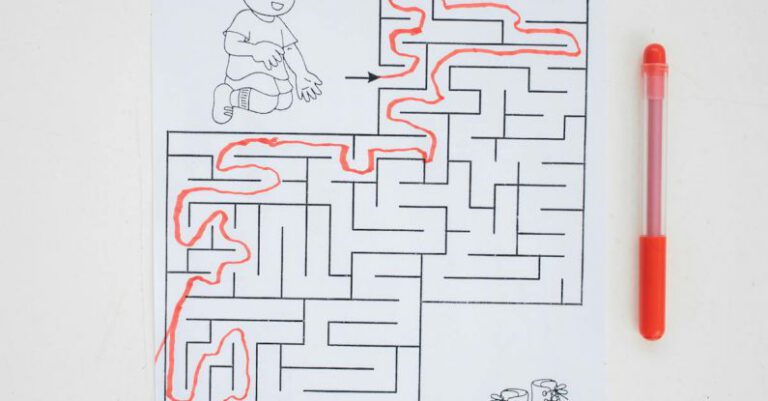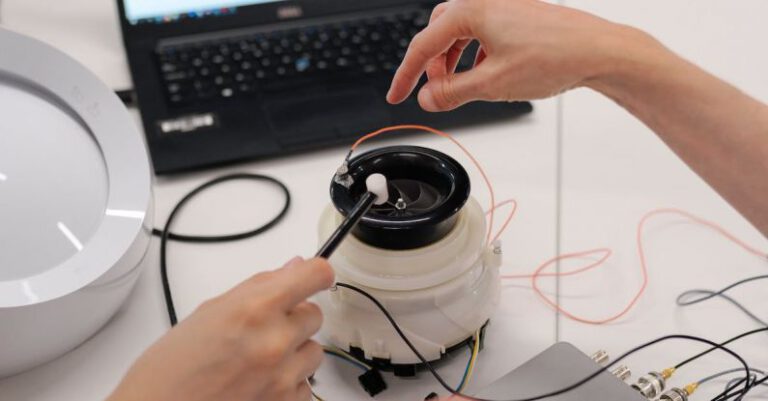How to Use Feedback to Improve Ideas?
Gathering feedback is an essential step in the process of generating and refining ideas. Whether you are a writer, an artist, an entrepreneur, or simply someone looking to improve their creative thinking, feedback can provide valuable insights and perspectives that can help take your ideas to the next level. In this article, we will explore some effective strategies for using feedback to improve your ideas.
Seek Diverse Perspectives
One of the most valuable aspects of feedback is the opportunity it provides to gain different perspectives. When seeking feedback, it is crucial to reach out to a diverse group of people who can offer a variety of viewpoints. This might include colleagues, mentors, friends, or even members of online communities related to your field. By gathering feedback from a range of sources, you can gain a more comprehensive understanding of the strengths and weaknesses of your ideas.
Listen with an Open Mind
When receiving feedback, it is important to approach it with an open and receptive mindset. Rather than becoming defensive or dismissive, try to genuinely listen to what others have to say. Remember that feedback is not a personal attack, but rather an opportunity for growth and improvement. By actively listening and considering the perspectives of others, you can gain valuable insights that can help you refine and enhance your ideas.
Ask for Specific Feedback
To make the most of feedback, it is helpful to ask for specific input on areas that you are particularly interested in improving. By providing clear guidance to those offering feedback, you can ensure that their input is focused and actionable. For example, if you are seeking feedback on a written piece, you might ask for suggestions on how to improve the flow of your arguments or how to make your writing more engaging. By asking for specific feedback, you can receive targeted suggestions that can have a meaningful impact on your ideas.
Analyze Patterns and Themes
After gathering feedback, take the time to analyze the patterns and themes that emerge. Look for recurring comments or suggestions that multiple people have made. These patterns can provide valuable insights into areas where your ideas may need further development or refinement. By identifying common themes, you can prioritize the changes or adjustments that will have the most significant impact on your ideas.
Experiment and Iterate
Feedback is not meant to be a one-time event. Rather, it should be an ongoing process of experimentation and iteration. Once you have received feedback and identified areas for improvement, take the time to implement changes and test out new ideas. This could involve revising a written piece, creating a prototype, or trying out a new approach. By experimenting and iterating, you can refine your ideas based on real-world feedback and continue to improve them over time.
Conclusion: Embrace the Power of Feedback
Feedback is a powerful tool for improving and refining ideas. By seeking diverse perspectives, listening with an open mind, asking for specific feedback, analyzing patterns, and experimenting and iterating, you can harness the power of feedback to take your ideas to new heights. So, embrace feedback as an opportunity for growth and improvement, and watch as your ideas flourish.






